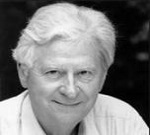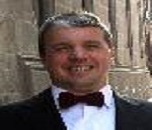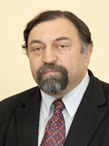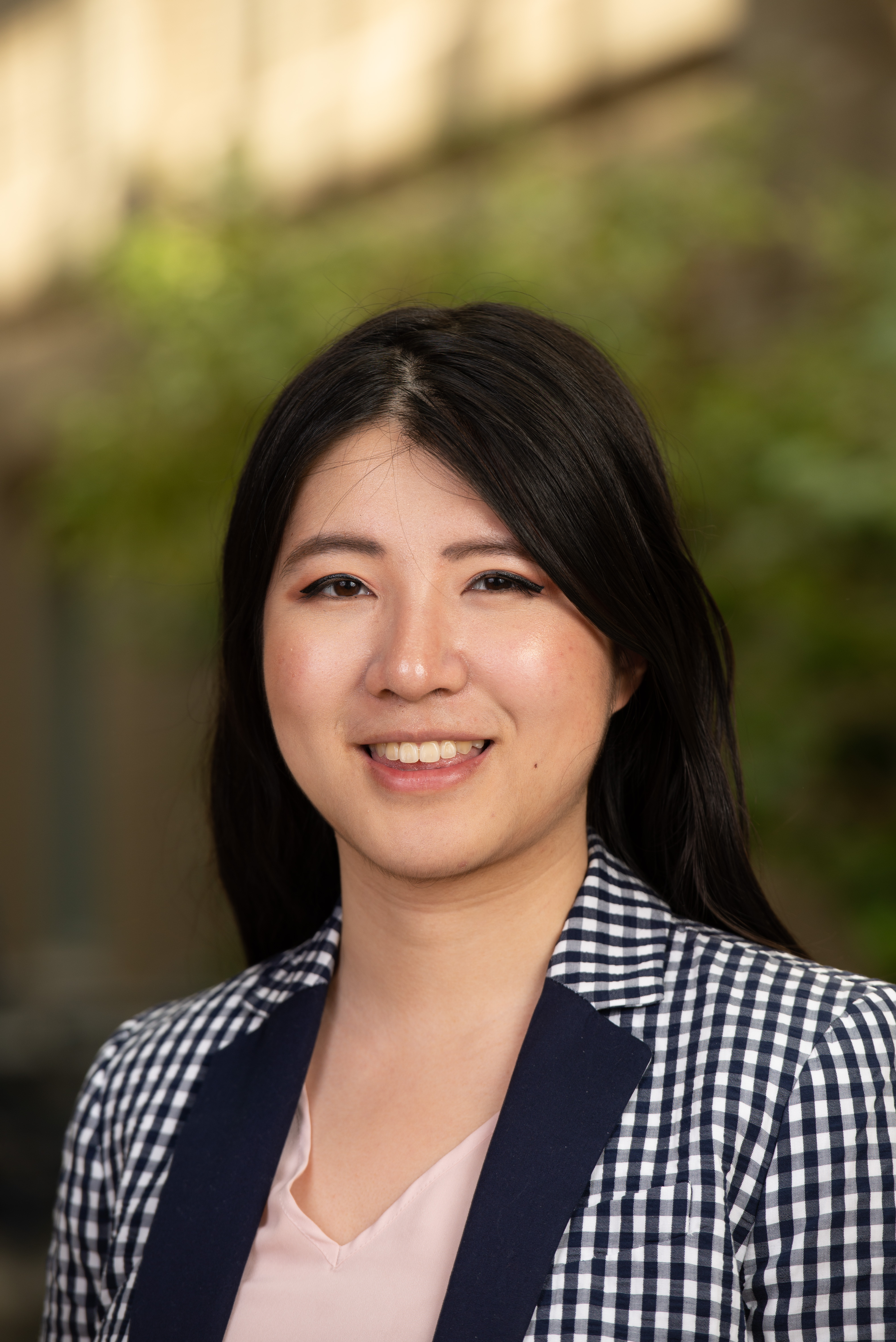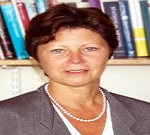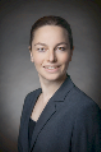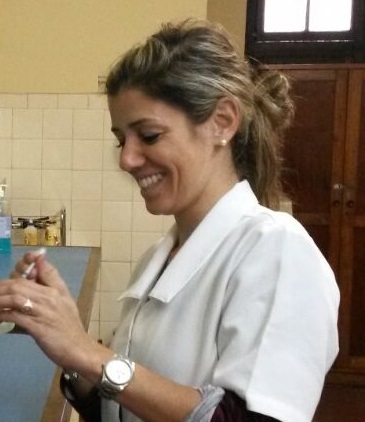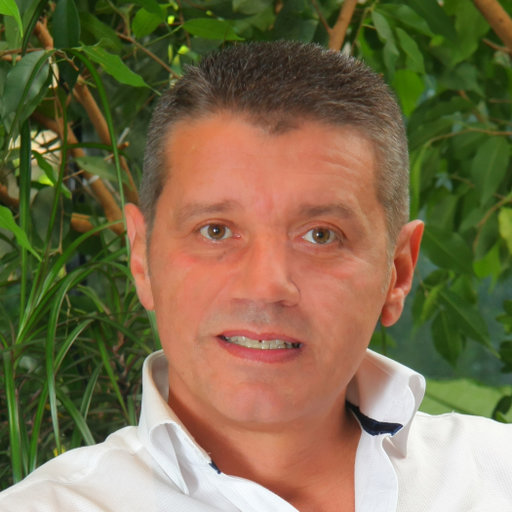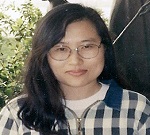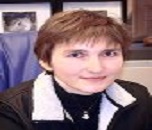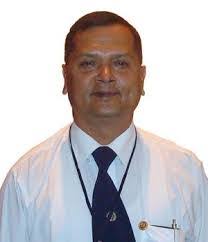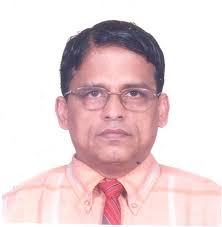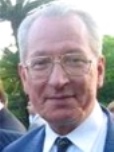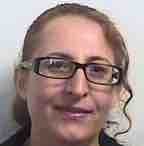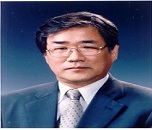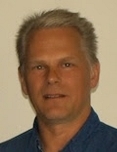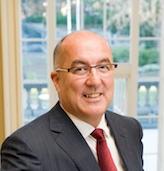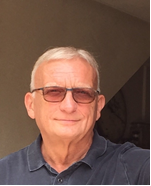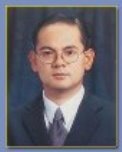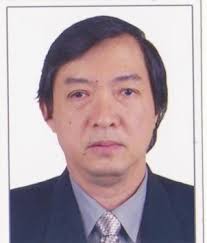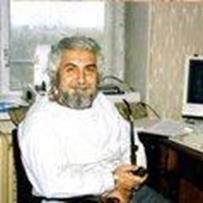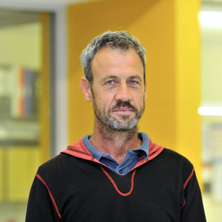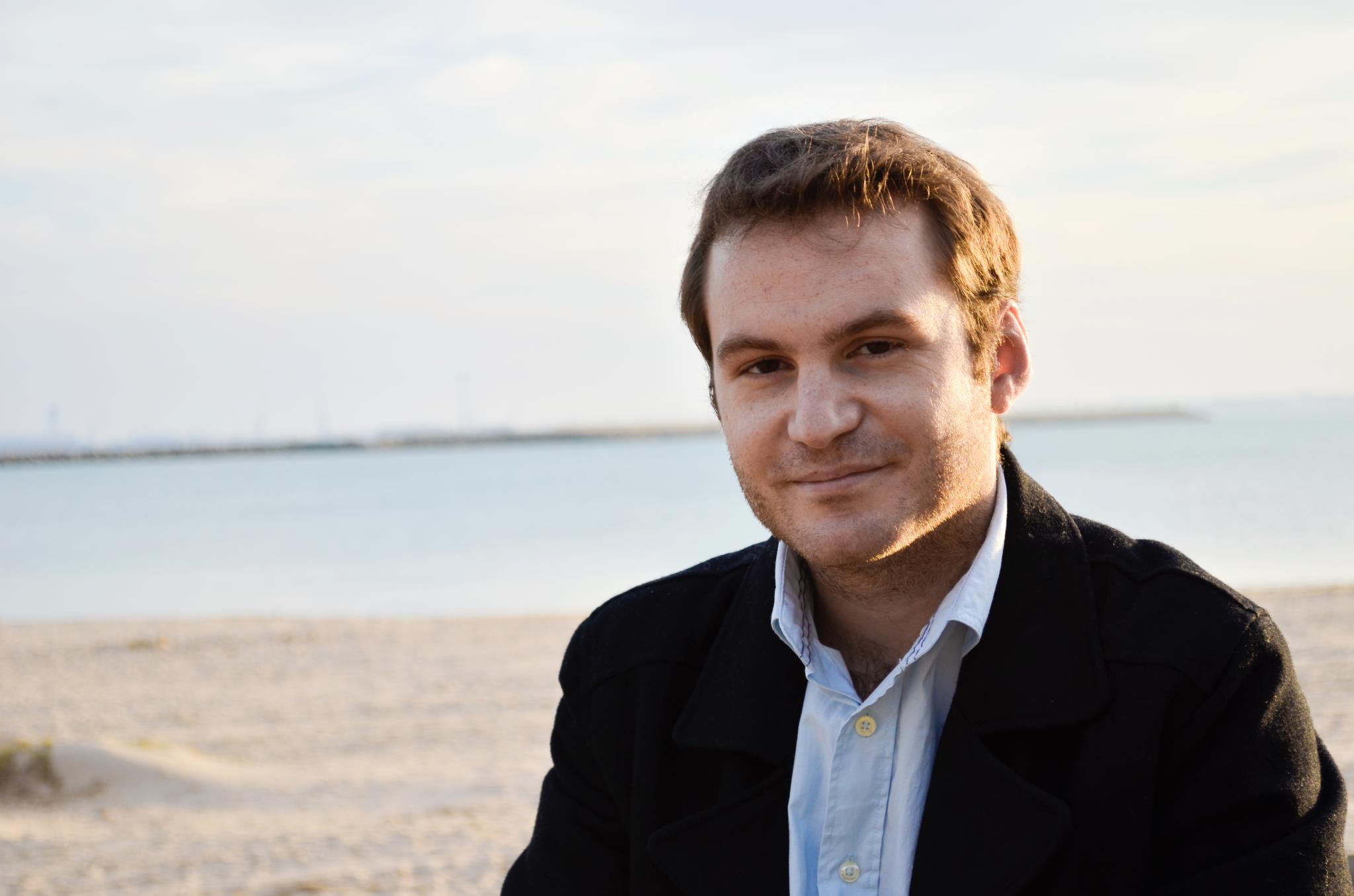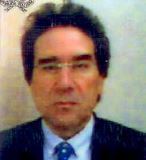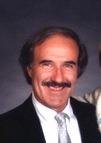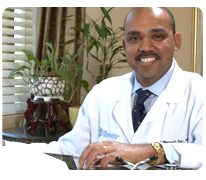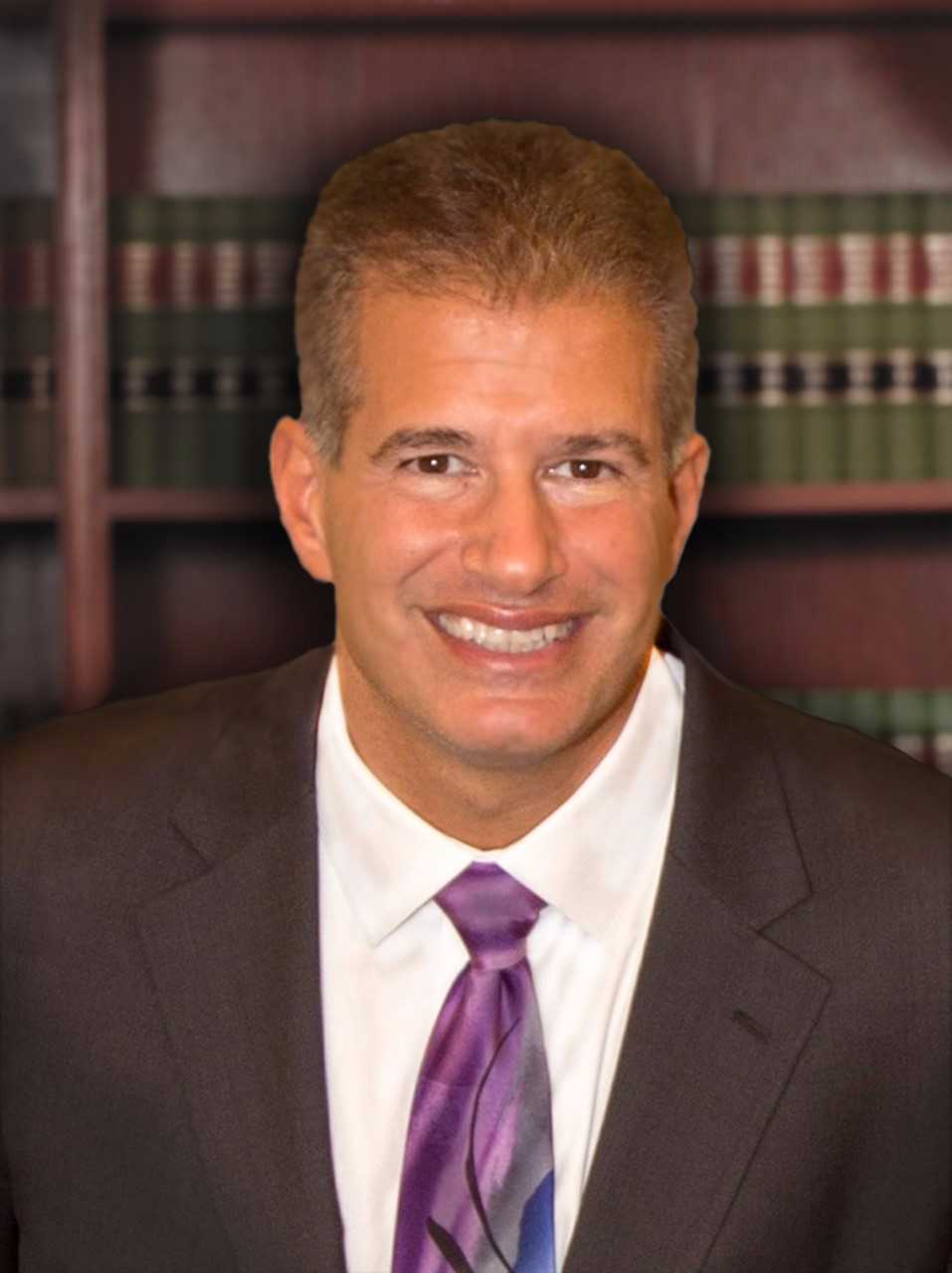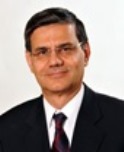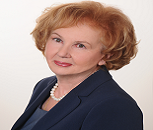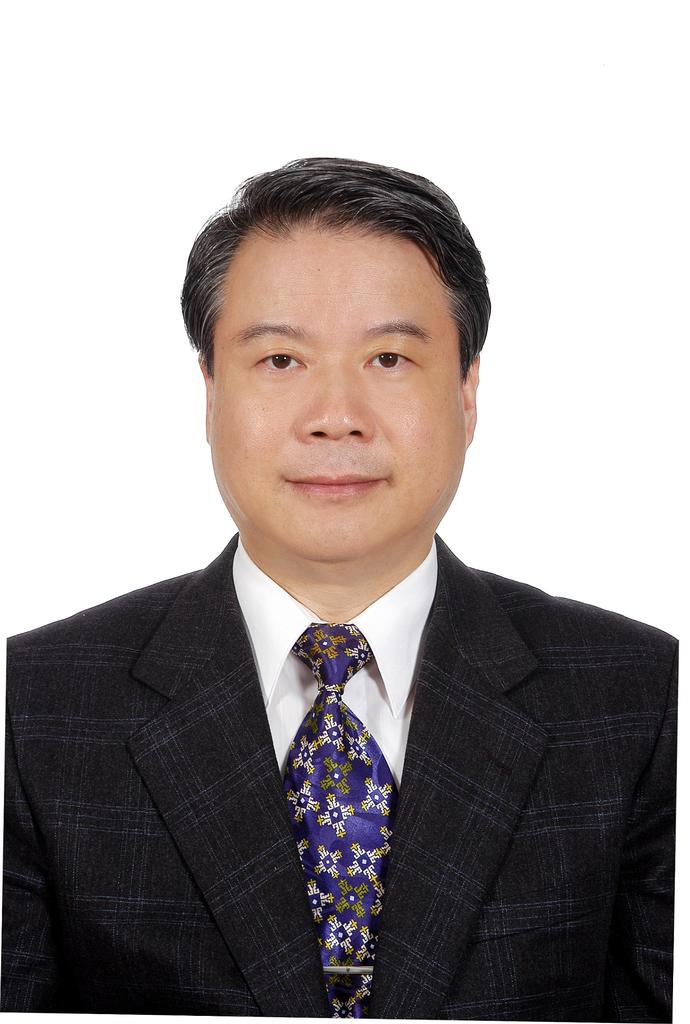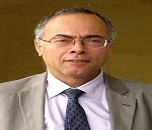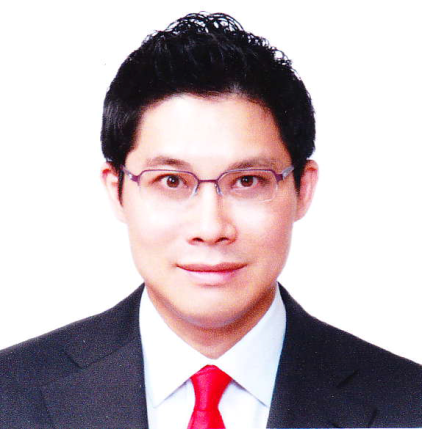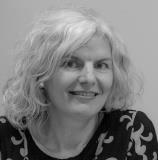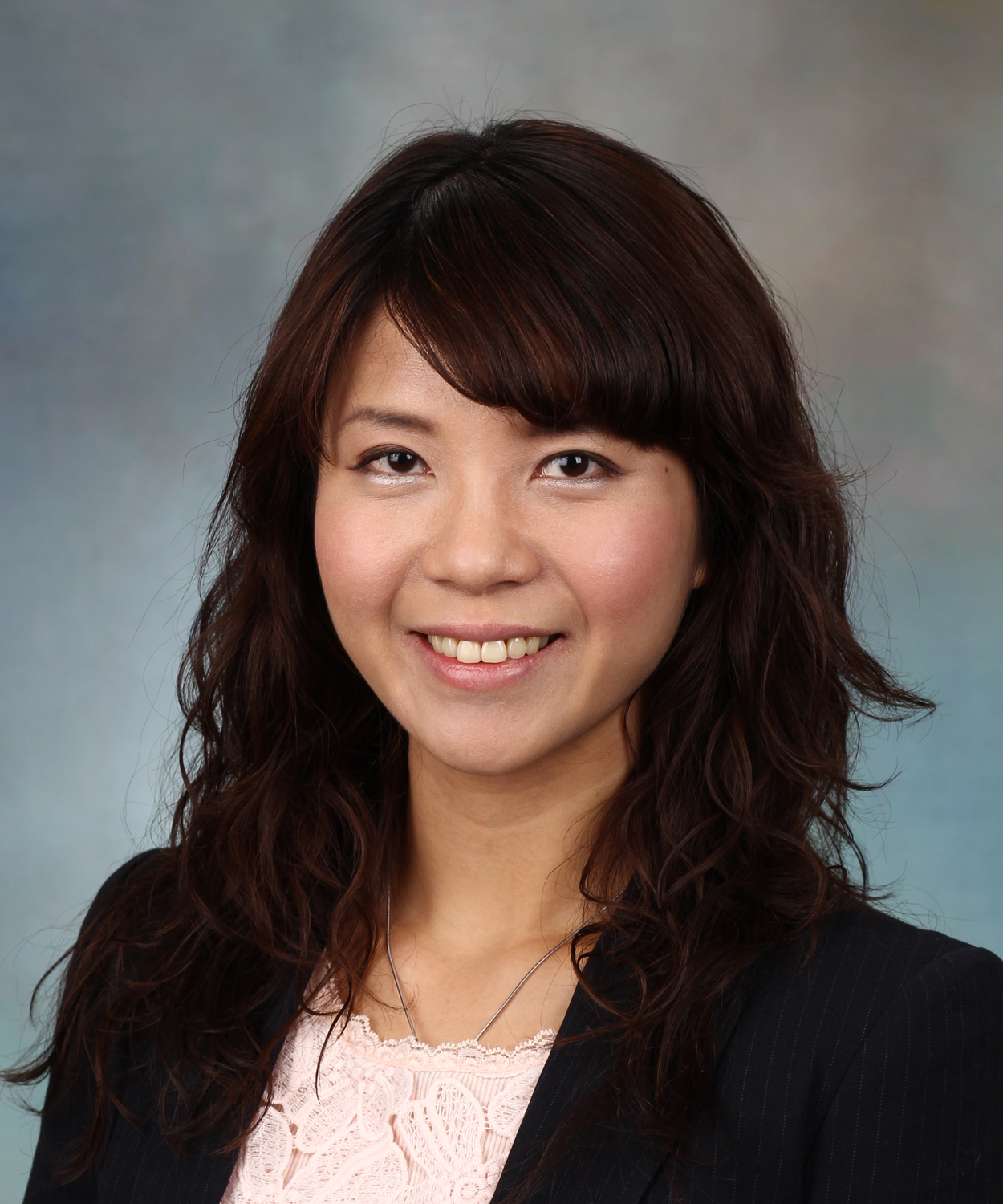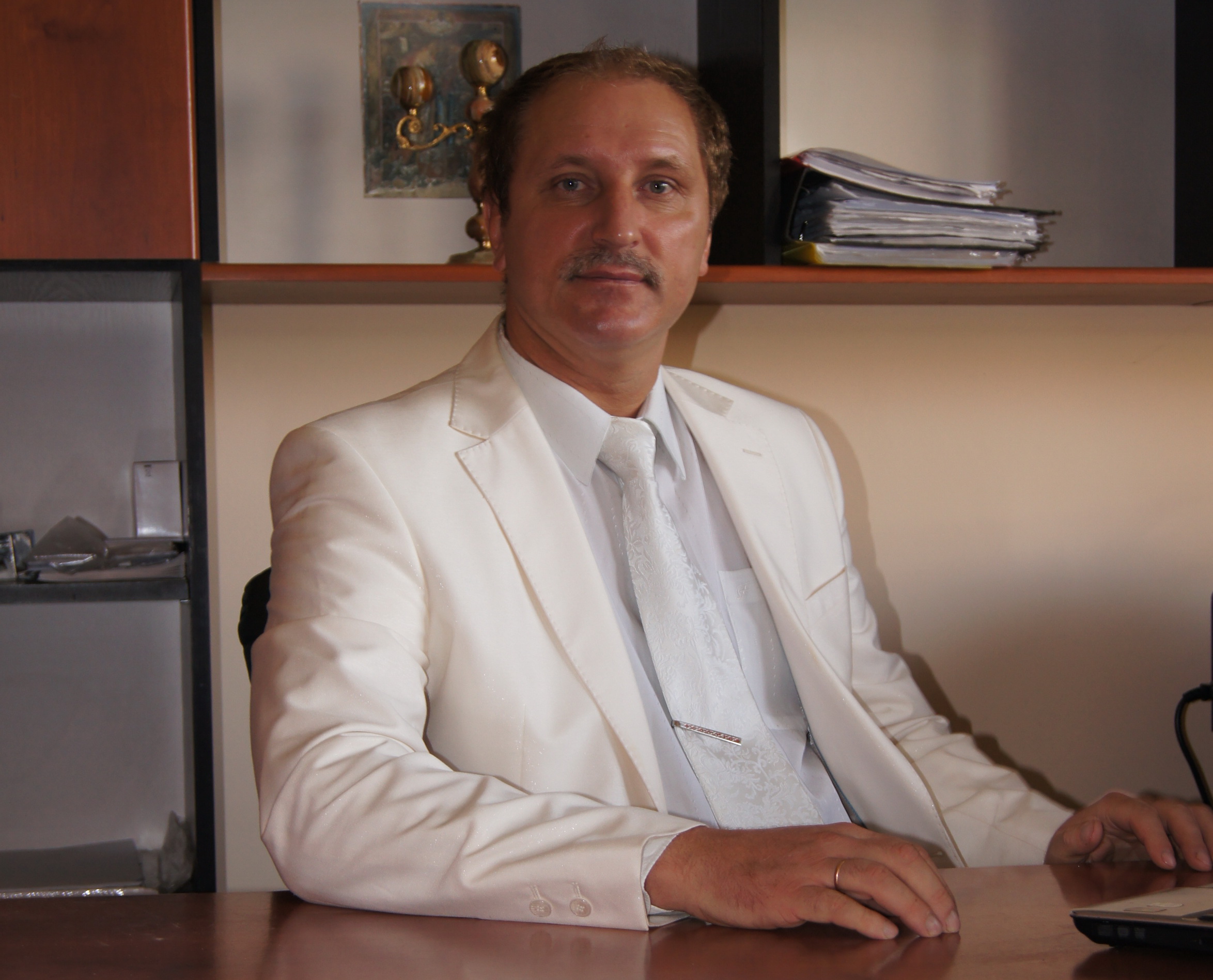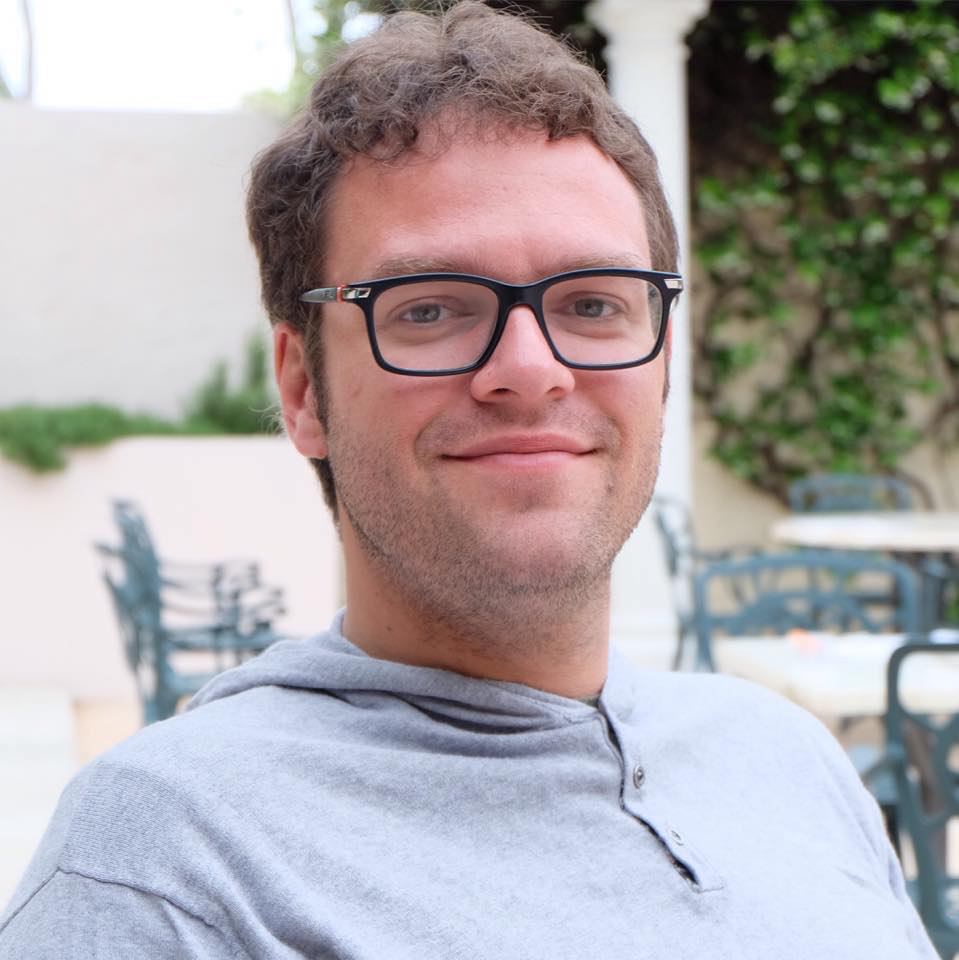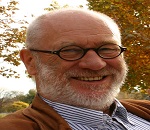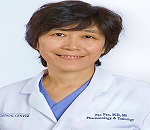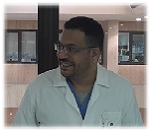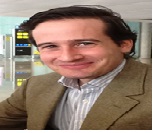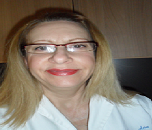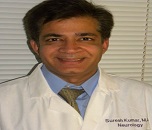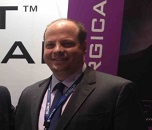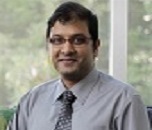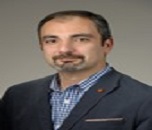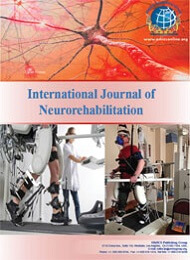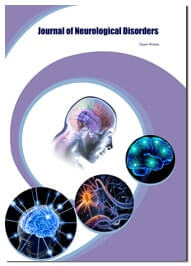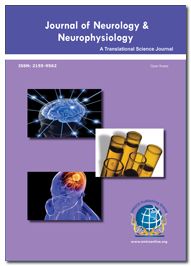Theme: Breakthroughs and Achievements in Neurocognitive Research
Cognitive Neuroscience 2019
On behalf of Organizing Committee invites all the participants from all over the world to attend the prestigious Scientific Conference on Cognitive Neuroscience during September 25-26, 2019 at Copenhagen, Denmark which encompass Keynote presentations, Oral Presentation, Poster presentations and Exhibitions
Cognitive Neuroscience 2019 is a global platform to discuss and learn about early detection as well as treatment, care based on Professional standards, and increased research to accomplish cure for all cognitive Disorders. The conference includes leading international experts in Neurocognitive Disorders hospitals specialists, doctors, research scholars and general practitioners form all over the world.
Neurocognitive disorders can affect memory, concentration, Knowledge, language, view, and social cognition. They interfere extremely with a person’s everyday independence in Major Neurocognitive Disorder, but not so in Minor Neurocognitive Disorder.
Track 1: NEUROCOGNITIVE DISORDERS
Neurocognitive disorders are characterized by decline from an attained level of cognitive functioning mainly when physical changes occurs in brain, such as after neurological and mental illness, drug use, or brain injury. The two major degenerative causes of dementia are Alzheimer's disease and vascular dementia. Dementia is usually caused by degeneration in the cerebral cortex, the part of the brain responsible for thoughts, memories, actions, and personality. Death of brain cells in this region leads to the cognitive impairments that characterise dementia. Vascular dementia is the broad term for dementia associated with problems of circulation of blood to the brain.
Related: Neurology Conferences | Neurology Congress | Neurocognitive disorders Conferences| Cognitive Neuroscience conferences |Neuroscience Conferences
Related Associations:
American Psychological Association (APA), Vestibular Disorders Association (VDA), American Psychological Society ( APS), American Payroll Association ( APA ), Association for Psychological Science (APS)
Track 2: COGNITION AND BEHAVIOUR
When nerve cells in the brain are damaged, they can no longer send information to each other in the normal way. This causes changes in the person's behaviour and abilities.Individuals with a moderate-to-severe brain injury often have problems in basic cognitive (thinking) skills such as paying attention, concentrating, and remembering new information and events. They may think slowly, speak slowly and solve problems slowly and confused easily when normal routines are changed or when things become too noisy or hectic around them. They may have speech and language problems, such as trouble finding the right word or understanding others. After brain injury, a person may have trouble with all the complex cognitive activities necessary to be independent and competent in our complex world. The brain processes large amounts of complex information all the time that allows us to function independently in our daily lives. This activity is called executive function because it means being the executive or being in charge of one's own life.
Related: Neurology Conferences | Neurology Congress | Neurocognitive disorders Conferences|Cognitive Neuroscience conferences |Neuroscience Conferences
Related Associations:
Schizophrenia International Research Society (SRIS), American Delirium Society (ADS), Anxiety and Depression association of America (ADAA), National Association of Alcohol, Drugs and Dependency (NAADD), Canadian Mental Health Association (CMHA)
Track 3:DEMENTIA
Dementia is usually caused by degeneration in the cerebral cortex, the part of the brain responsible for thoughts, memories, actions, and personality. Death of brain cells in this region leads to the cognitive impairments that characterise dementia. Causes of dementia include head injury, brain tumours, infections, hormone disorders, metabolic disorders, hypoxia, nutritional deficiencies, drug abuse, or chronic alcoholism. Unfortunately, most disorders associated with dementia are progressive ,degenerative and irreversible. The two major degenerative causes of dementia are Alzheimer's disease and vascular dementia Multiple neuropathologic processes may underlie dementia, including both neurodegenerative diseases and vascular disease. Dementia is most common in elderly individuals, with advancing age being the strongest risk factor.
Related: Neurology Conferences | Neurology Congress | Neurocognitive disorders Conferences|Cognitive Neuroscience conferences |Neuroscience Conferences
Related Associations :
Dementia Society of America (DSA)The Association for Frontotemporal Degeneration (AFD)International Huntington’s Association (IHA), European Huntington Association (EHA), American Parkinson Disease Association (APDA)
Track 4 : VASCULAR DEMENTIA
Vascular dementia is the broad term for dementia associated with problems of circulation of blood to the brain. Vascular brain injury (VBI) is widely recognized as a common cause of cognitive impairment (vascular cognitive impairment) culminating in vascular dementia. Most vascular dementia cases are sporadic and share risk factors with peripheral vascular disease. Vascular dementia is not a single disease; it is a group of syndromes relating to different vascular mechanisms.
Related: Neurology Conferences | | Neurology Congress | Neurocognitive disorders Conferences| Cognitive Neuroscience conferences |Neuroscience Conferences
Related Associations :
Vascular Dementia Stroke Association (VDSA)Vascular Dementia Alzheimer Association (VDAA), National Stroke Association (NSA), Lewy Body Association (LBA), American Parkinson Disease Association (APDA).
Track 5: PATHOGENESIS OF COGNITIVE DISORDERS
The classic Neuro pathological signs of Cognitive disorders are amyloid plaques and neurofibrillary tangles. Plaques consist largely of the protein fragment beta-amyloid. This fragment is produced from a "parent" molecule called amyloid precursor protein. Tangles consist of tau, a protein normally involved in maintaining the internal structure of the nerve cell. While tau is normally modified by phosphorylation, or the attachment of phosphate molecules, excessive phosphorylation appears to contribute to tangle formation and prevents the protein from carrying out its normal functions. Oxidative stress, or damage to cellular structures by toxic oxygen molecules called free radicals, is also regarded as a pathology characteristic of Alzheimer’s. Individuals with Alzheimer’s typically experience brain inflammation. Many of the oldest patients with Alzheimer’s show signs of cerebrovascular disease in addition to "classic" Alzheimer's neuropathology.
Related: Neurology Conferences | Neurology Congress |
Related Associations:
National Multiple sclerosis society (NMSS), Lewy Body Dementia Association (LBDA) Association of prior stroke with Cognitive function and Cognitive impairment (ASCCI), Vascular Dementia –Alzheimer’s Association (VDAA)
Track 6: COGNITIVE NEUROSCIENCE
Cognitive neuroscience is the scientific field that is concerned with the study of the biological processes and aspects that underlie cognition, with a specific focus on the neural connections in the brain which are involved in mental processes. It addresses the questions of how cognitive activities are affected or controlled by neural circuits in the brain. Cognitive neuroscience is a branch of both neuroscience and psychology, overlapping with disciplines such as physiological psychology, cognitive psychology, and neuropsychology. Cognitive neuroscience relies upon theories in cognitive science coupled with evidence from Neuropsychology, and Computational modelling .
Related : Neurology Conferences | Neurology Congress | Neurocognitive disorders Conferences|Cognitive Neuroscience conferences |Neuroscience Conferences
Related Associations :
National Institute of Mental Health (NIMH), National Alliance on Mental Illness (NAMI),National Institute of Neurological dis orders and Stroke (NINS), American Academy of Neurological and Orthopaedic Surgeons (AANOS), American Academy of Neurology (AAN).
Track 7: NEURODEGENERATION AND AGING
A Neurodegenerative disease includes Alzheimer's, Huntington's, Parkinson's, and the prion maladies, are genetically and pathologically linked to aberrant protein aggregation. AD, the most common type of dementia, is typically sporadic; however, rare mutations in several genes confer early onset. Release of the aggregation-prone peptides Aβ1–40 and Aβ1–42 by endoproteolysis of the amyloid precursor protein (APP) is associated with AD through an unknown mechanism that appears to be associated with Aβ aggregation. Typically, individuals who carry AD-linked mutations present with clinical symptoms during their fifth or sixth decade, while sporadic cases appear after the seventh decade. Although aggregation-mediated neurodegeneration emerges late in life, it is unclear whether this late onset is mechanistically linked to the aging process.Amyotrophiclateralsclerosis (ALS) is a progressive neurodegenerative disorder of the motor neurons in the spinal cord, brainstem, and motor cortex.
Related: Neurology Conferences | Neurology Congress | Neurocognitive disorders Conferences|Cognitive Neuroscience conferences |Neuroscience Conferences
Related Associations:
American Chronic Pain Association (ACPA), Foundation for Peripheral Neuropathy (FPN), Neuropathy Association, Muscular Dystrophy Association (MDA), Charcot-Marie-Tooth Association (CMTA), American Society for Peripheral Nerve
Track 8: NEUROPSYCHIATRY
Neuropsychiatry is a branch of medicine that deals with mental disorders attributable to diseases of the nervous system. It preceded the current disciplines of psychiatry and neurology. However, psychiatry and neurology subsequently split apart and are typically practiced separately. Nevertheless, Neuropsychiatry has become a growing subspecialty of psychiatry and it is also closely related to the fields of neuropsychology and Behavioral Neurology, addresses clinical problems of cognition and/or behaviour caused by brain injury or brain disease. The division’s neuropsychiatry works collaboratively with the department’s neurologists to treat and manage the emotional and cognitive symptoms of neurological diseases. Such symptoms can include depression, anxiety, psychosis, hallucinations, and/or cognitive loss. Treatment can include psychotherapy and/or medication
Related : Neurology Conferences | Neurology Congress | Neurocognitive disorders Conferences|Cognitive Neuroscience conferences |Neuroscience Conferences
Related Associations :
American Neuropsychiatric Association (ANA) ,International Neuropsychiatric Association (INA), World Psychiatric Association (WPA),Mood Disorders Society of Canada (MDSC),American Academy of Neurology (AAN)
Track 9: APPROACHES FOR NEURAL DYNAMICS
Neural dynamics is the study of the nervous system's remarkable capacity to change, and, at a systems level, the dynamic interplay between integration and segregation of brain regions enables all aspects of behaviour, including learning, memory, homeostasis and sensorimotor control. Real-time collision-free path planning and tracking control of a nonholonomic mobile robot in a dynamic environment is investigated using a neural dynamics based approach. The real-time robot path is generated through a dynamic neural activity landscape of a topologically organized neural network that represents the changing environment. The dynamics of each neuron is characterized by an additive neural dynamics model. The effectiveness and efficiency of this approach are demonstrated through simulation studies. A new approach to neural dynamics by using combined TMS and EEG recordings.
Related: Neurology Conferences | Neurology Congress | Neurocognitive disorders Conferences| Cognitive Neuroscience conferences |Neuroscience Conferences
Related Associations:
National Headache Foundation: (NHF), American Headache Society (AHS), Headache and Migraine Organizations (HMO), American Headache and Migraine Association (AHMA), The National Migraine Association (TNMA), Ontario Headache & Migraine Charity.
Track 10: NEUROLOGY NURSING
Neurological Nursing is a very challenging nursing specialty dealing with assessment, nursing diagnosis, and management of many neurological disorders for which nurses provide patient care. They are expected to work at health care clinics, hospitals and Intensive rehabilitation and brain injury units assisting complex Neuro surgeries, or with procedures in Neurointerventional Radiology and even in Clinic research areas. This includes trauma, brain injuries, stroke, seizures, tumours, headaches, infections, and aneurysms, as well as a host of other neurological complexities.
Related : Neurology Conferences | Neurology Congress | Neurocognitive disorders Conferences| Cognitive neuroscience conferences |Neuroscience Conferences
Related Associations:
American Association of Neuroscience Nurses (AANN),Neuroscience Nursing (NN), Canadian Association of Neuroscience Nurses (CANN), British Association of Neuroscience Nurses (BANN) American Association of Nurse Practitioners (AANP)
Track 11: NON-PHARMACOLOGICAL MANAGEMENT
It is increasingly recognised that pharmacological treatments for dementia should be used as a second-line approach and that non-pharmacological options should, in best practice, pursued first. Non Pharmacological management include Standard therapies, Behavioural therapy, Reality orientation, Validation therapy etc. Reality orientation is one of the most widely used management strategies for dealing with people with dementia. It aims to help people with memory loss and disorientation by reminding them of facts about themselves and their environment.
Related: Neurology Conferences | Neurology Congress | Neurocognitive disorders Conferences| Cognitive Neuroscience conferences |Neuroscience Conferences
Related Associations:
Association for Behavioral and Cognitive Therapies (ABCT),Japanese Association of Behaviour Therapy (JABT),Association for advancement of Behaviour therapy (ABT),Jersey Alzheimer’s Association (JAA), International Association for Cognitive Psychotherapy (IACP)
Track 12: NEUROPHARMACEUTICS
A drug used to treat Neuropsychiatric, Neuropsychological, or Nervous-system disorders. Neuro-pharmaceutics focuses on identification of therapeutic targets, and then translating those discoveries into drug and therapy development. Research in Neuropharmaceutics includes: drug discovery for limiting high frequency activity in Epilepsy; drug transport proteins that control drug distribution to target tissues; spinal delivery of analgesics to chronic pain treatment; drugs for the treatment of depression, bipolar disorder, and schizophrenia; intranasal delivery methods for the treatment of Alzheimer’s disease; development of strategies to evaluate therapeutics on preclinical models of Alzheimer’s and Parkinson’s disease; anti-atherogenic and anti-diabetic therapies for the prevention and treatment of AD and other age-related dementias; and development of analgesic agents for chronic pain
Related: Neurology Conferences | Neurology Congress | Neurocognitive disorders Conferences| Cognitive Neuroscience conferences |Neuroscience Conferences
International conference of Neurology and Brain Disorders Mar 19 -21 2018 Valencia, Spain
Related Associations:
The Brain Association for Psychopharmacology (BAP), American Association for Clinical Psychopharmacology (AACP), American Psychiatric Association (APA), American College of Neuropsychopharmacology (ACNP) , American Society for Pharmacology and Experimental Therapeutics (ASPET) , American Academy of Neurology (AAN)
Track 13: NEUROTHERAPEUTICS
It is an older term for the treatment of disorders that affect the nervous system which psychological, psychiatric, and nervous disorders. Neurotherapeutics is a quarterly peer-reviewed medical journal covering research on experimental treatments of neurological disorders. There is a profound increase in the diagnostics procedure and drug discovery in the field of Neurology. It includes Stem cells and treatment, Nerve injury and repair Clinical Case report, Neurogenesis, cell and gene based approach and Neurotransmitter release and cell repair.
Related: Neurology Conferences | Neurology Congress | Neurocognitive disorders Conferences| Cognitive neuroscience conferences |Neuroscience Conferences
Related Associations:
American Society for Experimental Neurotherapeutics (ASEN), Neurologist Association, National Institute of Mental Health (NIMH), National Institute of Neurological Disorders and Stroke (NINDS), National Center for Complementary and Alternative Medicine (NCCAM).
Track 14: Consciousness
To understand the relationship between conscious mental states and brain activity, we must make progress in three distinct areas. To be conscious is to be awake (rather than in a dreamless sleep, or unconscious) and so we must understand the neural mechanisms associated with changes in level of consciousness. But when we are awake, our conscious states are individuated by their content, which has a particular subjective feel. We therefore need to understand the neural underpinnings of conscious content, and how such representations in the brain are distinguished from merely unconscious processing. And finally humans (and possibly some other animals) are self-aware and able to make introspective judgments about their perception and action. Understanding the neural correlates of such metacognitive ability is also required.
Related: Neurology Conferences | Neurology Congress | Neurocognitive disorders Conferences| Cognitive neuroscience conferences |Neuroscience Conferences
Related Associations:
American Society for Experimental Neurotherapeutics (ASEN), Neurologist Association, National Institute of Mental Health (NIMH), National Institute of Neurological Disorders and Stroke (NINDS), National Center for Complementary and Alternative Medicine (NCCAM).
Track 15: Neuro oncology
Neuro-oncology is the study of brain and spinal cord neoplasms, many of which are (at least eventually) very dangerous and life-threatening (astrocytoma, glioma, glioblastoma multiforme, ependymoma, pontine glioma, and brain stem tumors are among the many examples of these.
Related: Neurology Conferences | Neurology Congress | Neurocognitive disorders Conferences| Cognitive neuroscience conferences |Neuroscience Conferences
Related Associations:
American Society for Experimental Neurotherapeutics (ASEN), Neurologist Association, National Institute of Mental Health (NIMH), National Institute of Neurological Disorders and Stroke (NINDS), National Center for Complementary and Alternative Medicine (NCCAM).
Track 16: Neurosurgery
Neurosurgery, or neurological surgery, is the medical specialty concerned with the prevention, diagnosis, surgical treatment, and rehabilitation of disorders which affect any portion of the nervous system including the brain, spinal cord, peripheral nerves, and extra-cranial cerebrovascular system
Related: Neurology Conferences | Neurology Congress | Neurocognitive disorders Conferences| Cognitive neuroscience conferences |Neuroscience Conferences
Related Associations:
American Society for Experimental Neurotherapeutics (ASEN), Neurologist Association, National Institute of Mental Health (NIMH), National Institute of Neurological Disorders and Stroke (NINDS), National Center for Complementary and Alternative Medicine (NCCAM).
Track 17: Challenges In Neurosurgery
Neurosurgery is a specialized area of neurology, which is the diagnosis and treatment of diseases and injuries affecting the brain, spinal cord an nervous system. Many earn high incomes for their expertise, but such benefits are accompanied by a number of day-to-day challenges.The daily life of Neurosurgeons is extremly complex and demanding, with rapidly changing tasks and responsibilities, assesing and diagnosing the patients.Without these eminent people the field of Neurology and the treatment for the disorders wouldn't be as bright as now.
Related: Neurology Conferences | Neurology Congress | Neurocognitive disorders Conferences| Cognitive neuroscience conferences |Neuroscience Conferences
Related Associations:
American Society for Experimental Neurotherapeutics (ASEN), Neurologist Association, National Institute of Mental Health (NIMH), National Institute of Neurological Disorders and Stroke (NINDS), National Center for Complementary and Alternative Medicine (NCCAM).
Track 18: Cognitive Rehabilitation
There are 2 main techniques in cognitive rehabilitation: remediation and compensatory approaches. CR is designed to stimulate new learning, or relearning, of cognitive tasks, and thus, to improve domains of deficit. Compensatory approaches seek to make improvements in the patient’s functioning by avoiding areas of impairment and recruiting other intact cognitive domains or by creating a supportive external environmen
Related: Neurology Conferences | Neurology Congress | Neurocognitive disorders Conferences| Cognitive neuroscience conferences |Neuroscience Conferences
Related Associations:
American Society for Experimental Neurotherapeutics (ASEN), Neurologist Association, National Institute of Mental Health (NIMH), National Institute of Neurological Disorders and Stroke (NINDS), National Center for Complementary and Alternative Medicine (NCCAM).
Track 19: Mental Health or Mental Disorders
Mental health deals with absence of mental illness or psychological wellbeing. If someone in psychological state it shows functioning at a behavioral adjustment and satisfactory level of emotional. From the positive psychology, mental health may include an individual's ability for life, and create the balance between psychological resilience and life activities.
Related: Neurology Conferences | Neurology Congress | Neurocognitive disorders Conferences| Cognitive neuroscience conferences |Neuroscience Conferences
Related Associations:
American Society for Experimental Neurotherapeutics (ASEN), Neurologist Association, National Institute of Mental Health (NIMH), National Institute of Neurological Disorders and Stroke (NINDS), National Center for Complementary and Alternative Medicine (NCCAM).
Track 20: Robotic Neurosurgery
Robotic or Robot-Assisted Surgery integrates advanced computer technology with the experience of the skilled surgeons. This technology provides the surgeon with a 10x magnified, high-definition, 3D-image of the body's intricate anatomy.The surgeon uses controls in the console to manipulate special surgical instruments that are smaller, as well as more flexible and manoeuvrable than the human hand. The robot replicates the surgeon's hand movements, while minimizing hand tremors. The surgeon thus can operate with enhanced precision, dexterity and control even during the most complex procedures. Robotic surgery is the recent new advanced techique in the field of Neurosurgery.
Related: Neurology Conferences | Neurology Congress | Neurocognitive disorders Conferences| Cognitive neuroscience conferences |Neuroscience Conferences
Related Associations:
American Society for Experimental Neurotherapeutics (ASEN), Neurologist Association, National Institute of Mental Health (NIMH), National Institute of Neurological Disorders and Stroke (NINDS), National Center for Complementary and Alternative Medicine (NCCAM).
Track 21: Neuroscience
Neuroscience is a multidisciplinary science that is concerned with the study of the structure and function of the nervous system. It encompasses the evolution, development, cellular and molecular biology, physiology, anatomy and pharmacology of the nervous system, as well as computational, behavioural and cognitive neuroscience.
Related: Neurology Conferences | Neurology Congress | Neurocognitive disorders Conferences| Cognitive neuroscience conferences |Neuroscience Conferences
Related Associations:
American Society for Experimental Neurotherapeutics (ASEN), Neurologist Association, National Institute of Mental Health (NIMH), National Institute of Neurological Disorders and Stroke (NINDS), National Center for Complementary and Alternative Medicine (NCCAM).
ConferenceSeriesllc Ltd invites all the participants from all over the world to attend ‘Cognitive Neuroscience on September 25-26, 2019 at Copenhagen, Denmark which includes prompt keynote presentations, Oral talks, Poster presentations and Exhibitions.
Neurocognitive disorders includes Alzheimer’s disease, is one of the biggest global public health challenges facing our generation. Worldwide, at least 46 million people are living with dementia this number is expected to double by 2030 and more than triple by 2050 to 116 million. Much of the increase will be in developing countries like Western Europe and North America. Already 62% of people with dementia live in developing countries. Today, over 35 million people worldwide currently live with the condition. This number is expected to double by 2030 and more than triple by 2050 to 116 million. No treatments available to slow or stop the brain damage caused by Alzheimer’s disease, several medications can temporarily help improve the symptoms of dementia for some people. In two decades, it is estimated that 1.4 million Canadians will have dementia, costing the economy almost $300 billion per year. Globally, dementia cost $600 billion a year.
The term Dementia describes a loss of mental ability (cognitive impairment) associated with gradual death of brain cells. Vascular Dementia can be caused by a number of different diseases, usually neurodegenerative diseases, such as Alzheimer's disease, front temporal dementia and dementia with Lewy bodies. Vascular dementia is caused when the brain's blood supply is restricted or stopped, leading brain cells to die.
Delirium is defined as a transient, usually reversible, cause of cerebral dysfunction and manifests clinically with a wide range of neuropsychiatric abnormalities. It can occur at any age, but it occurs more commonly in patients who are elderly and have compromised mental status.
Delirium occurs in 30% of those in emergency departments. Occurrence rates vary from 11-42% and it is the most common complication of hospitalization in the elderly population. The incidence is also higher in those with pre-existing cognitive impairment. The prevalence is higher in patients with malignancy and HIV. Despite these facts, delirium remains under diagnosed and poorly managed - only 20-50% is recognized by healthcare professionals.
Why to attend?
Cognitive Neuroscience 2018 will provide an opportunity for all stakeholders working on Alzheimer’s disease and Dementia to talk about their work. Neurocognitive disorders will congregate renowned speakers, principal investigators, experts, neurologist’s and Dementia researchers from both academia and health care industry will join together to discuss their views and research. The conference will be comprised of sessions by world class experts in the field of neurology. In Neurocognitive disorders international symposiums, B2B meetings, international workshops will also be organized to discuss the specific topics in the field of Dementia and Neurology.
Target Audience:
- Neurologists and Directors
- Physicians
- Neuroscientists
- Specialists
- researchers
- Health care professionals
- Professors
- Industrial Experts
- Neurosurgeons
- Psychiatrist
- Nutritional Scientists
- Lecturers and Students from Academia in the study of Dementia
- Students from Academia in the research of Neurology
It is our pleasure to welcome you to the Cognitive neuroscience to be held in Copenhagen, Denmark from September 25-26, 2019.
The organizing committee is gearing up for an exciting and informative program on a variety of topics, poster presentations and various programs for participants from all over the world. Unsurpassed substantiation cure for Neurocognitive disorders clearly shows that the close association of families and careers in the care of their loved ones is key to improving early revealing of Vascular Dementia, renewal to a healthy weight and sustaining long term wellbeing.
This conference will increase knowledge, provide support, assist learning and allow to seek out applicable services and to develop the best environment to support recovery from these complex and devastating diseases.
Market Analysis
Cognitive neuroscience is the scientific field that is concerned with the study of the biological processes and aspects that underlie cognition, with a specific focus on the neural connections in the brain which are involved in mental processes.
Neurocognitive disorders are characterized by decline from an attained level of cognitive functioning mainly when physical changes can be seen to have occurred in brain, such as after neurological and mental illness, drug use, or brain injury. Neurocognitive disorders (NCDs) are a category of conditions that include dementia, amnesia, Alzheimer’s disease, Mild cognitive impairment, Attention deficit hyperactive disorder, Hallucinogen persisting perception disorder, cerebellar cognitive affective syndrome, post-operative cognitive dysfunction, HIV associated neurocognitive disorder.
Alzheimer’s disease is the most common form of dementia accounting for 50% to 70% of all cases. It mostly occurs in the older people who are 65 years and above. Moreover, growing awareness level regarding its symptoms, such as partial dementia, is projected to boost the demand. Currently, there are an estimated 4 million individuals with dementia in the USA with more than 100 000 deaths annually .The global market for Alzheimer’s disease reached $10.2 billion in 2012. The market is expected to decrease to $9.5 billion in 2017 for a CAGR of -1.5%.
The Alzheimer's Association funds independent investigators worldwide, they have awarded over $335 million to more than 2,250 projects. The global cost of Alzheimer’s and dementia is estimated to be $605 billion, which is equivalent to 1% of the entire world’s gross domestic product.
Aggregate Cost of Care by Payer for Americans Age 65 and Older with Alzheimer‘s Disease and Other Dementias: Medicare $113 Billion, Medicaid $41 Billion, Out of pocket $44 Billion, Other $29 Billion.
Dementia is widely considered the second most common cause of dementia after Alzheimer's disease, accounting for 10 percent of cases. Many experts believe that vascular dementia remains underdiagnosed like Alzheimer's disease even though it's recognized as common. The global market for treatments for syndromes of dementia and movement disorders was valued at 10.5 billion in 2011 and should reach $11.1 billion in 2012. Total market value is expected to reach $16.7 billion in 2017 after increasing at a five-year compound annual growth rate (CAGR) of 8.5%.
Amnestic Disorders are a group of disorders that involve loss of memories previously established, loss of the ability to create new memories, or loss of the ability to learn new information.1 In general, Amnestic Disorders
Conference Highlights
- Cognitive Neuroscience
- Neurocognitive disorders
- Dementia
- Vascular Dementia
- Neurodegeneration and Aging disorders
- Neuropsychiatry
- Approaches for Neural Dynamics
- Neurology Nursing
- Non-Pharmacological Management
- Neuropharmaceutics
- Neurotherapeutics
- Pathogenesis of Cognitive disorders
- Cognition and Behaviour
- Consciousness
- Neuro oncology
- Neurosurgery
- Challenges In Neurosurgery
- Cognitive Rehabilitation
- Mental Health or Mental Disorders
- Robotic Neurosurgery
- Neuroscience
To share your views and research, please click here to register for the Conference.
To Collaborate Scientific Professionals around the World
| Conference Date | September 25-26, 2019 | ||
| Sponsors & Exhibitors |
|
||
| Speaker Opportunity Closed | |||
| Poster Opportunity Closed | Click Here to View | ||
Useful Links
Special Issues
All accepted abstracts will be published in respective Our International Journals.
- Journal of Neurology & Neurophysiology Open Access
- Journal of Neurological Disorders Open Access
- International Journal of Neurorehabilitation Open Access
Abstracts will be provided with Digital Object Identifier by






